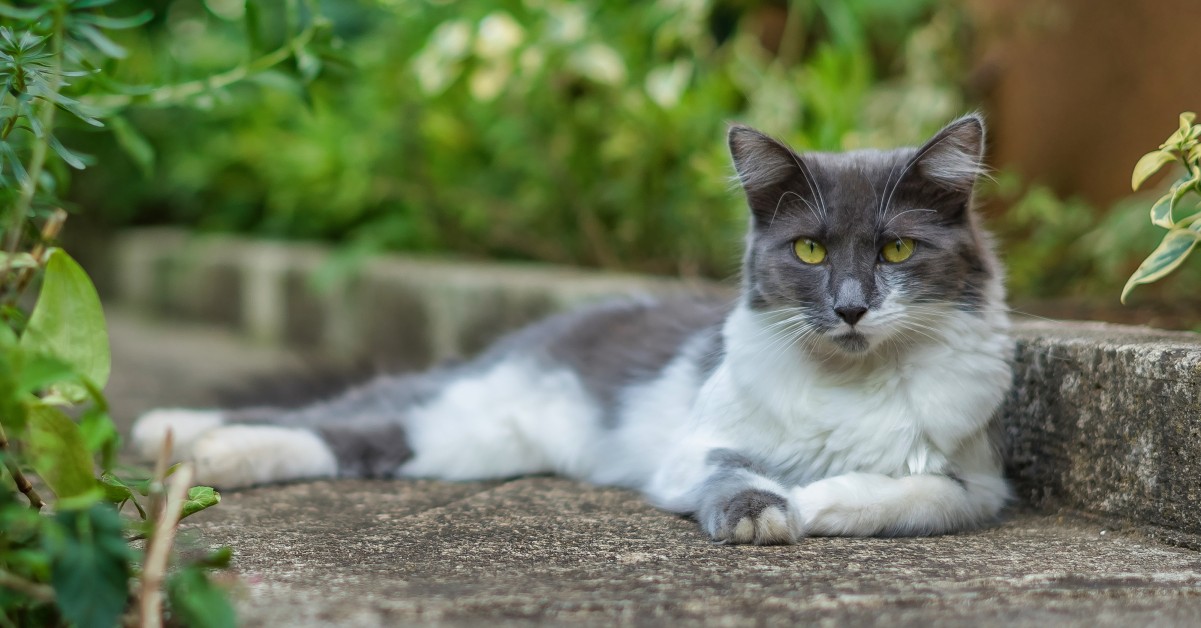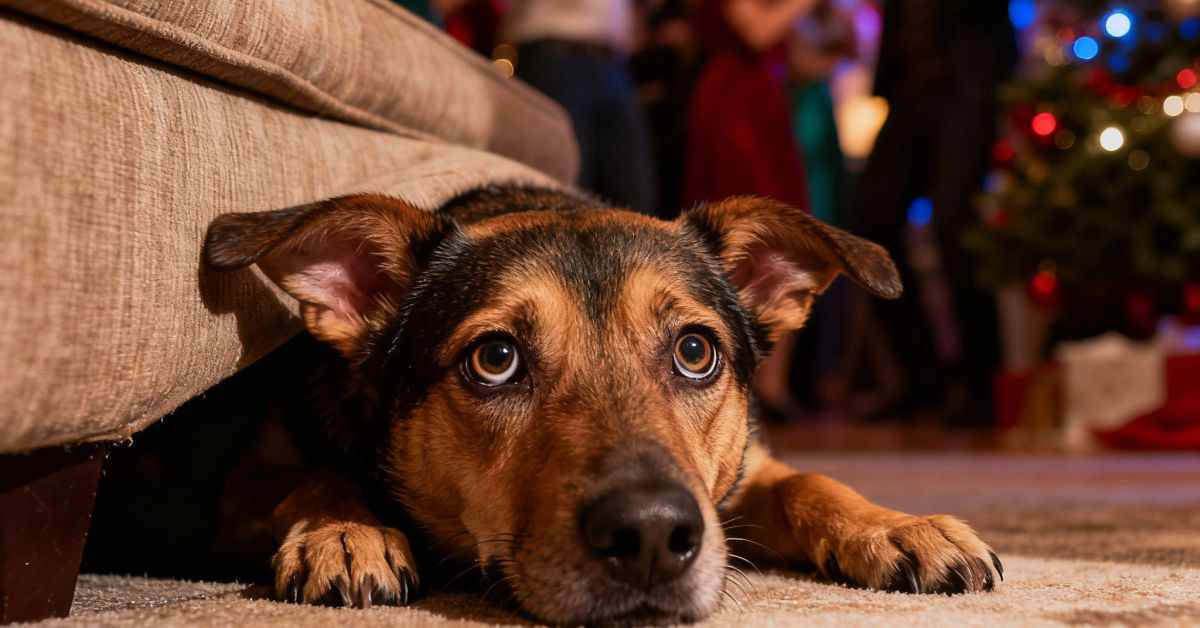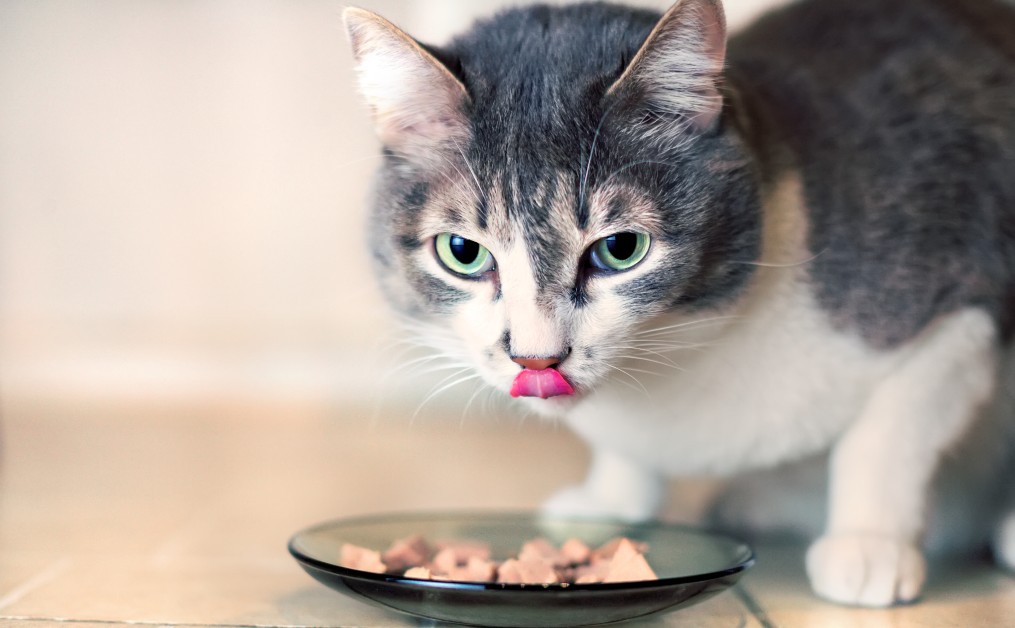Why Is My Cat Sneezing So Much?
If your cat is sneezing more than normal or has other abnormal symptoms, it’s important to seek guidance from your vet.
Cat sneezes are not only cute, but they are usually not a cause for concern. Like their human owners, cats generally sneeze due to an irritant in the nasal passage. This natural response may only happen occasionally and should subside once the irritant has been cleared.
However, if your cat’s sneezing doesn’t go away or is accompanied by other symptoms, it could be a sign of a more serious problem. Let’s look at some of the reasons that cats sneeze and what to do if you suspect treatment is needed.
What Causes Cats to Sneeze?
Cats sneeze for all sorts of reasons. While most are harmless, it’s important to be aware that frequent sneezing could indicate an illness, disease, or injury. Some of the most common causes of sneezing in cats include:
1. Irritants
Cats often sneeze when there is an external irritant in their nasal passages. This could be objects like hair, grass, or lint. It could also be airborne irritants like dust, pollen, or smoke. As cats have sensitive noses and a keen sense of smell, odors in the air at home could trigger a sneezing fit. For example, if you use strong chemicals like bleach to clean, or cook with spices like pepper or cinnamon, it could cause your cat to sneeze.
2. Allergies
Like humans, cats can develop allergies. If your cat has been sneezing more than usual or tends to sneeze during certain seasons, it could be due to a new or worsening allergy. Be on the lookout for other common allergy symptoms, such as coughing, itchy eyes, wheezing, red skin, ear infections, excessive grooming, swollen paws, or trouble breathing.
3. Infections
Infections, whether viral or bacterial, can cause cats to sneeze. The most common types of viral infections in cats that can cause sneezing include Feline Calicivirus (FCV) and Feline Herpesvirus type 1 (FVR). When it comes to bacterial infections, cats can develop Chlamydophila Felis or Bordetella Bronchiseptica, both of which can cause sneezing. Other symptoms may also accompany the infection, such as sneezing, coughing, nasal and eye discharge, ulcers, lethargy, loss of appetite, and congestion.
4. Oral Disease
While less common, there are instances in which oral disease can lead to sneezing in cats. Without proper oral care, cats develop gum disease, including gingivitis and its more severe form, periodontitis. Along with sneezing, your pet may have swollen gums, bleeding in the mouth, and tender gums. You may also notice that your cat doesn’t have an appetite, has difficulty eating, or may appear to be in pain.
5. Cancer
Rarely, sneezing in cats can be a sign of cancer. However, the sneezing is usually accompanied by other symptoms, such as lethargy, unexplained weight loss, lumps, diarrhea, vomiting, lack of appetite, unexplained bleeding, or wounds that won’t heal. While there are many types of cancers that can affect cats, the most common is Feline Leukemia Virus (FeLV).
How Is Sneezing Treated in Cats?
Treatment for sneezing in cats depends on the underlying cause. If your cat only occasionally sneezes and doesn’t show any other signs of illness or disease, it’s likely harmless. Next, consider odors or external irritants in your home that could be causing your cat to sneeze and eliminate them to see if the sneezing subsides.
If you suspect that your pet has allergies, you’ll want to consult with your vet. Depending on the type and severity of the allergy, your veterinarian may recommend an allergy medication. If it’s a food allergy, your vet will likely suggest that you switch to a different food that is less likely to cause symptoms.
Cats that sneeze due to infections will require a diagnosis from a vet. For bacterial infections, an antibiotic can be prescribed to lessen symptoms and speed up the recovery. If the infection is viral, your cat may need to fight the virus and recover naturally. However, your vet can prescribe medications to help manage any side effects.
Oral diseases, such as gingivitis, will also need to be treated by a vet. Your vet will begin by performing a thorough examination of your pet’s mouth, teeth, and gums. Depending on the state of your pet’s teeth, a professional cat dental cleaning under anesthesia may be required to remove a buildup of plaque and tartar. In some cases, one or more teeth may need to be removed.
If all other causes have been ruled out and your cat’s condition points to a possible diagnosis of cancer, your vet will perform a series of tests to determine the type and extent of the disease. If caught early, most cats can receive treatment and recover after surgery, radiation therapy, or chemotherapy.
When Should I Contact My Vet?
If your cat’s sneezing is out of the ordinary, it can be helpful to get guidance from your vet on how to proceed. This is especially true if your cat is a young kitten or has a weak immune system.
Cats who are ill often stop eating, which can be problematic. Unlike humans who can survive for weeks without food, cats go into starvation mode in as little as two to three days. If you are concerned about your cat’s health or well-being, always contact your vet for a prompt diagnosis and treatment.
Ready to start saving money on pet wellness care?
Then take a look at Mint Wellness, the pet wellness plan that provides fast reimbursement on routine pet care. Save on vaccinations, wellness exams, preventatives, dental, and more!
Learn More


